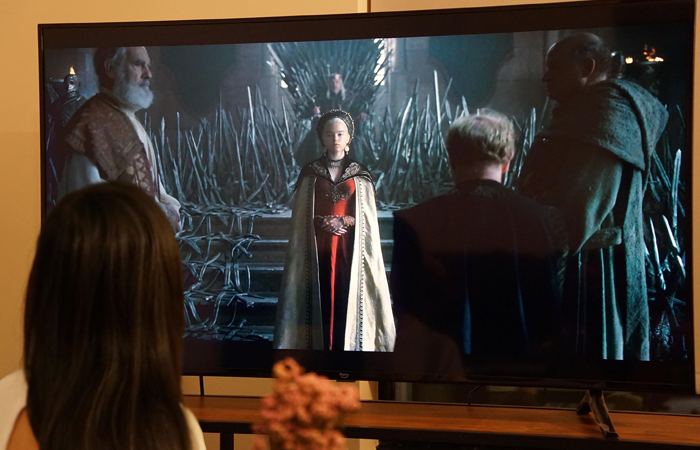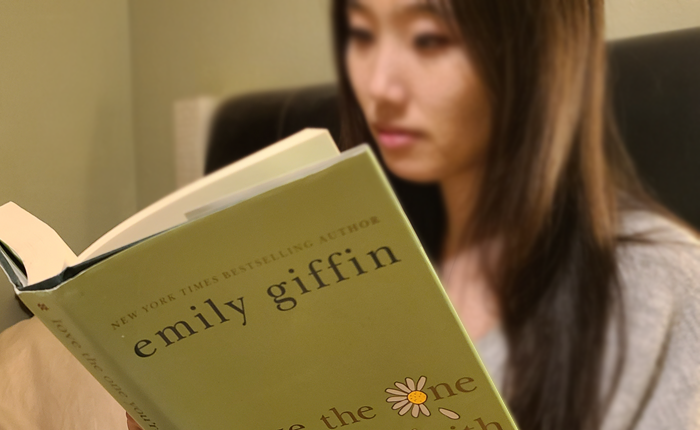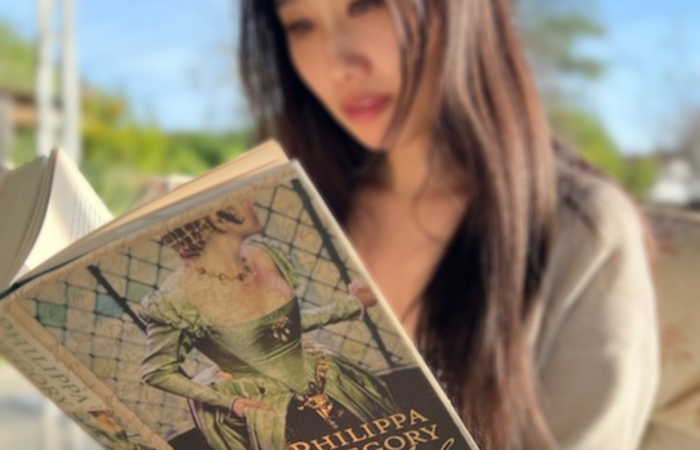House of the Dragon vs. Modern Audiences
Not too long ago, I binge-watched HBO’s House of the Dragon (henceforth HOTD), a prequel spinoff of its acclaimed television series, Game of Thrones (henceforth GOT), itself an interpretation of George R. R. Martin’s A Song of Ice and Fire (henceforth ASOIAF) book series. HOTD follows a specific epoch predating the events of GOT by almost 200 years — that is, it is based largely off the events of a civil war referred to as the Dance of Dragons — the details… Continue Reading




